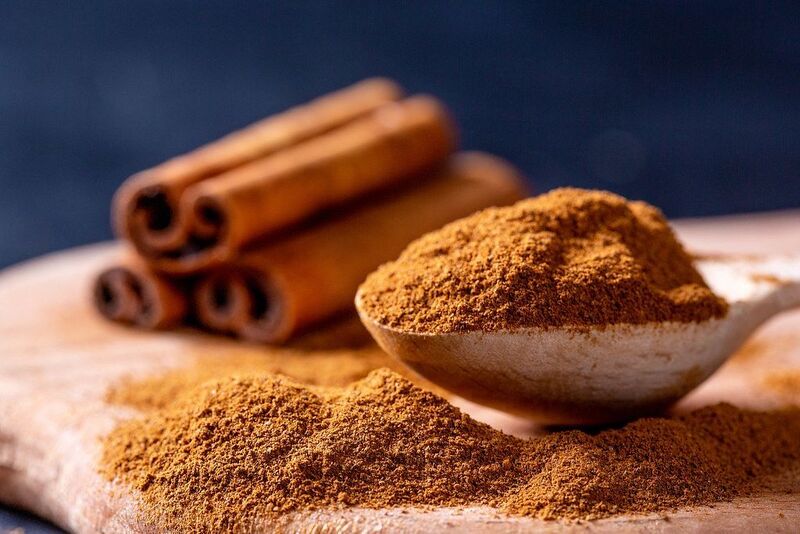Bia Analytical develops a robust authenticity test for Cinnamon and Cassia


Bia Analytical’s extensively validated protocol can detect the adulteration of cinnamon and cassia.
Image: Bia Analytical
Belfast, Northern Ireland based Bia Analytical adds Cinnamon to its growing authenticity testing portfolio, offering a range of herbs and spice authenticity tests to help in the fight against food fraud.
Cinnamon, a spice obtained from the inner bark of the Cinnamomum species of trees, can be purchased in both ground form or in quills. Native to Ceylon and southern India, cinnamon has been exported as early as 2000 BC, its source was kept a closely guarded secret by those in the spice trade in order to protect their exclusivity as suppliers.
Currently the term cinnamon can legally be applied to both true cinnamon and cassia in the US, while in the UK and other countries cassia must be labelled “cassia” and cannot be labelled simply as “cinnamon”.
As with many spices, cinnamon and cassia however are prone to economically motivated food fraud. Bia Analytical has worked with numerous trusted industry partners to address industry wide concerns with the development of a robust authenticity test for cinnamon and cassia. Covering multiple varieties and countries of origin, Bia Analytical’s extensively validated protocol can detect the adulteration of cinnamon and cassia with coffee husk, flours and starches.
Belfast based Bia Analytical can help to reduce food business’ exposure to the risk of food fraud using industry-leading, cutting-edge spectroscopy with chemometric analysis testing methods. This technology enables Bia Analytical to provide results within a guaranteed three working day turnaround time.
Bia Analytical now offers rapid authenticity testing for a number of herbs and spices including black pepper, turmeric, sage, paprika, oregano, garlic, cumin, ginger, white pepper, coriander, thyme, parsley, basil, fennel and cinnamon – with methods for new food groups currently in development.
Related content
Source: foodanddrinktechnology.com

